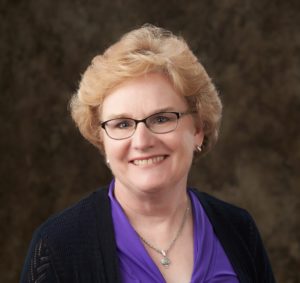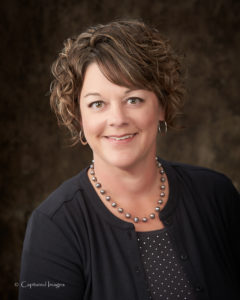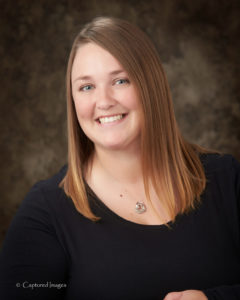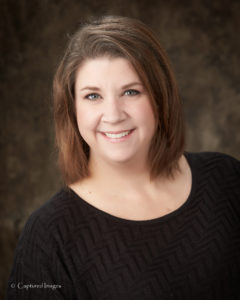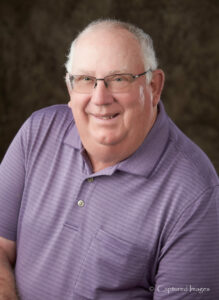
Spring has finally arrived and it is time for the many spring livestock shows.
The comment I hear many times that it sure takes a lot of time and money to participate in the various shows.
But the quality time spent with your family working together taking care of their livestock projects is definitely well worth the expense and time involved.
To be successful in most endeavors takes a lot of time and practice to succeed. If your 4-Her or FFA member wants to be the winner in their showmanship contest at their county fair, then they need to exhibit at some of the local spring shows.
The experience gained for both the youth showing and the animals being shown can not be duplicated by working their animals at
home.
Nothing compares to the actual show ring experience.
The 45th annual Woodson County Spring Beef Show will be April 24, 2021, at the fairgrounds in Yates Center. This is one of the longest-running spring shows that is designed for the younger or less experienced show person. But will still be beneficial for all showman.
Success sometimes can just be getting your animal into the show ring and having it under control so that it doesn’t get away from the showman.
Small accomplishments lead up to bigger and better successes.
At the Woodson County shows, no money is given out but if you get lucky you may get to take a trophy or plaque home.
The sheep and goat show are also in the afternoon on April 24th. If you want to, you can show beef in Yates Center in the morning and show your beef in Burlington (20 miles) in the afternoon.
Sheep and goat exhibitors could also show their animals in Burlington in the morning and make the Yates Center show in the afternoon.
For more information about Woodson County Spring Shows or other area shows, contact your local Southwind Extension Staff or email me at the Yates Center office: [email protected].

